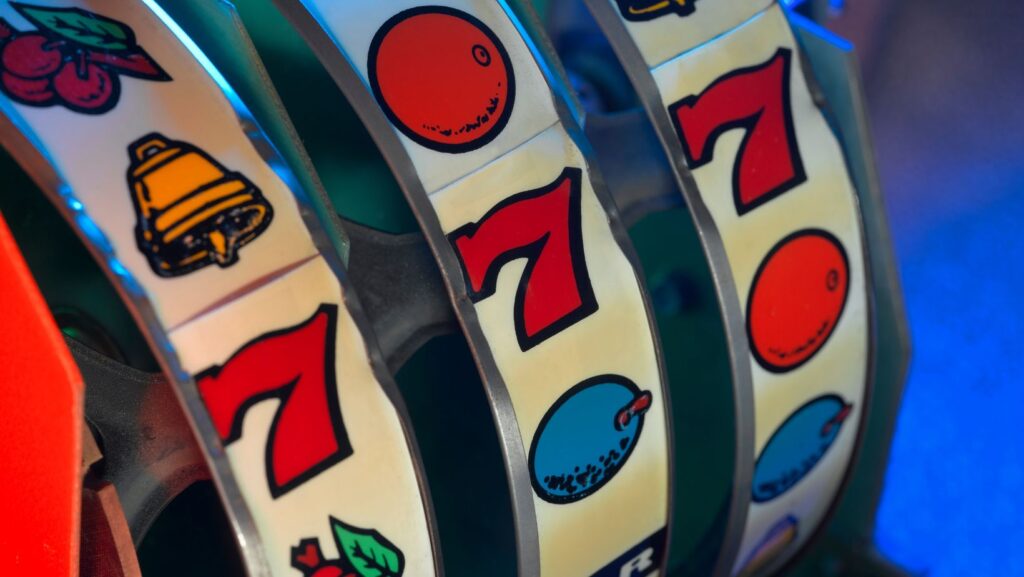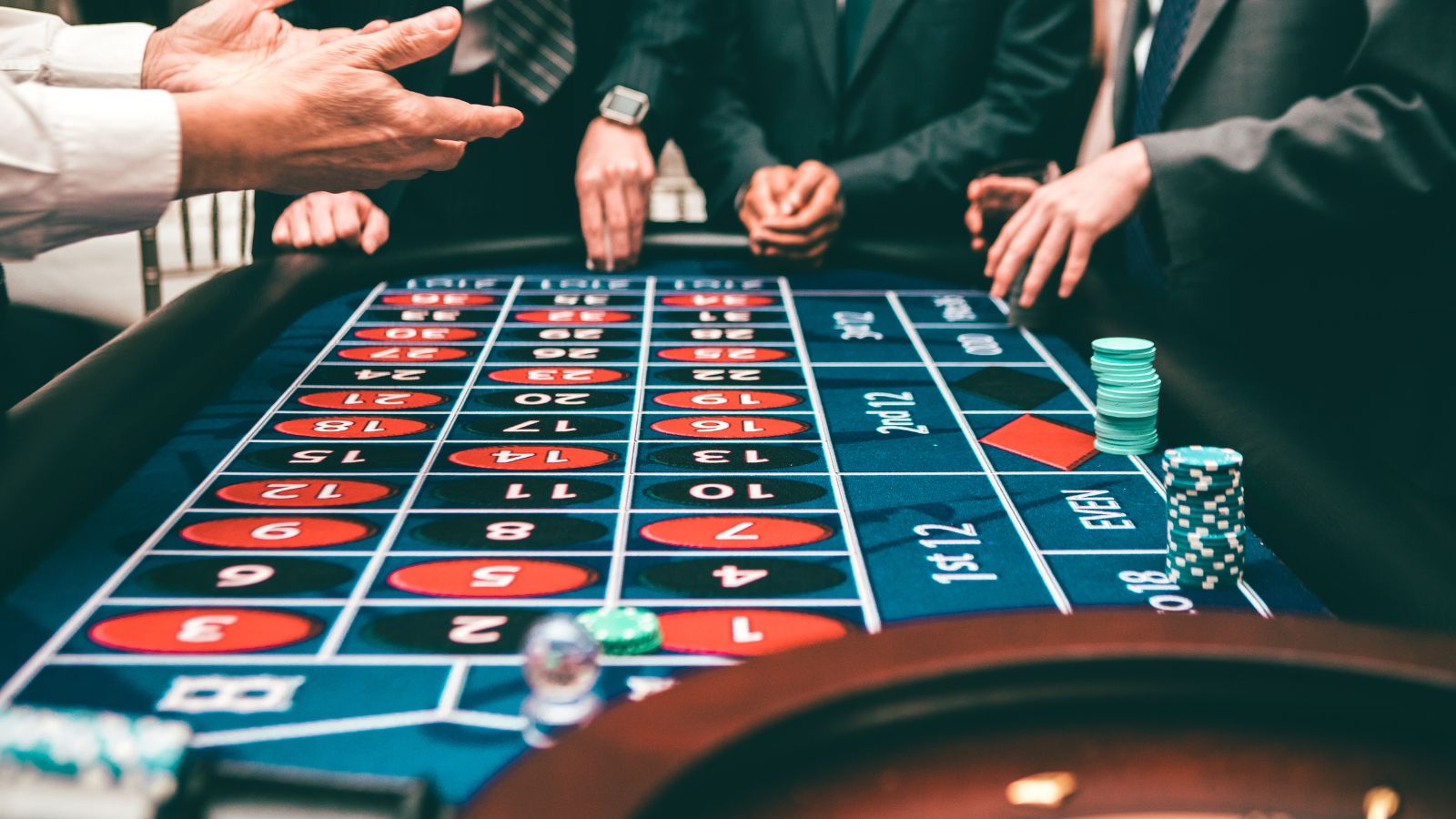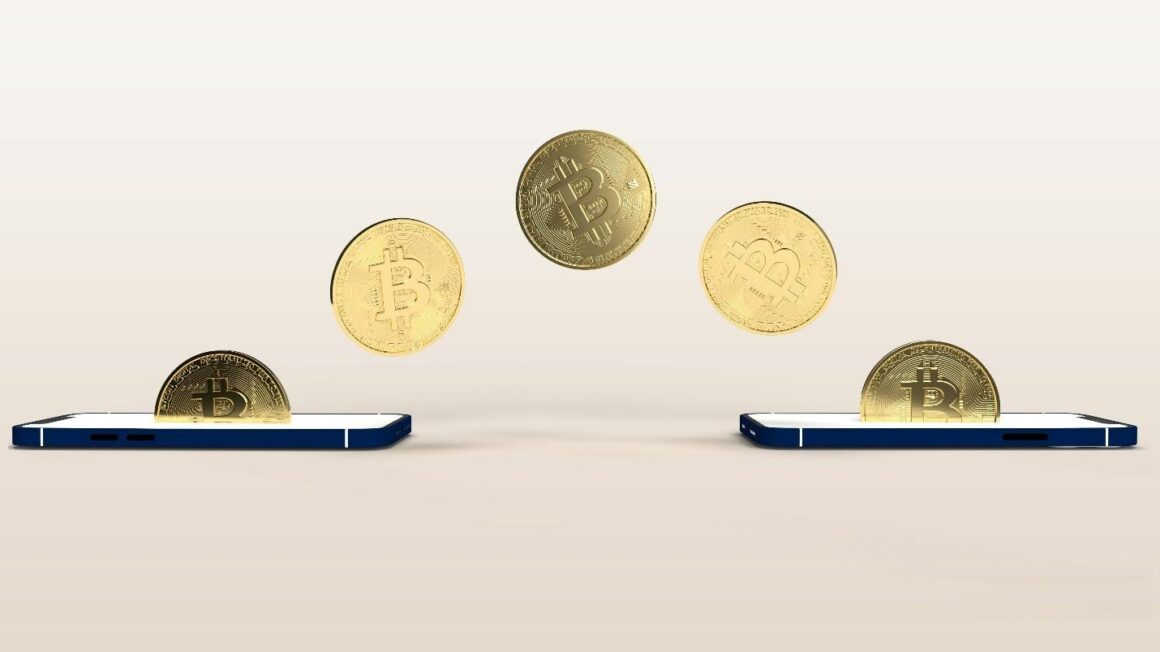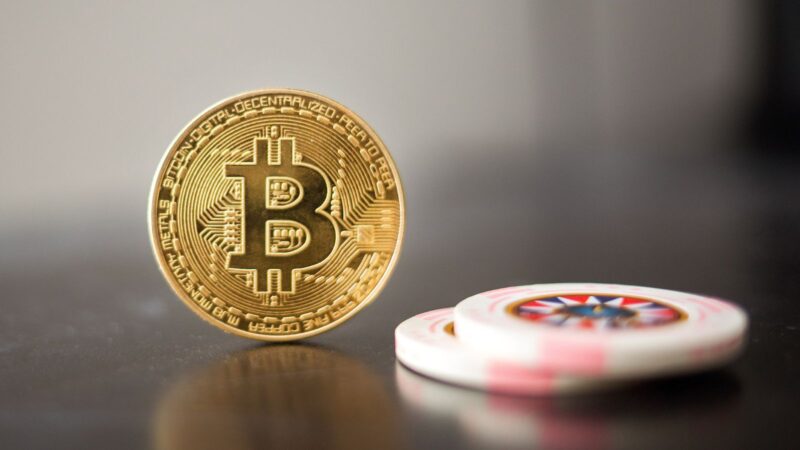
Video games have always been more than entertainment. They teach us strategies, hone our reflexes, and even change how we understand risk and reward. In today’s hyperconnected digital world, gaming culture has quietly influenced the way we perceive chance, uncertainty, and probability. From loot boxes to esports tournaments, the overlap between gaming and risk-taking mirrors some of the same psychological dynamics found in gambling.
As gamers, we’ve grown accustomed to the thrill of randomness—opening a mystery chest, drawing a rare card, or facing unpredictable boss mechanics. These digital experiences reshape our understanding of luck, strategy, and calculated risk in ways that extend far beyond the screen.

The Thrill of Uncertainty in Gaming
Uncertainty has always been central to the appeal of gaming. Early arcade classics used simple mechanics to keep players guessing, while modern titles build entire economies around chance. Think about randomized loot drops in role-playing games, card packs in digital trading card games, or the unpredictable matchmaking of online shooters.
This sense of unpredictability doesn’t just add excitement—it fosters emotional investment. The adrenaline of “what could happen next” keeps players engaged, echoing the psychology behind games of chance. Developers understand this and increasingly design mechanics that balance fairness with unpredictability. The result is a digital playground where risk and reward feel intertwined, almost like a virtual roll of the dice.
For many players, this thrill creates memorable experiences that build community, whether celebrating a rare drop with friends or sharing frustrations when chance doesn’t go their way. Over time, gaming culture has normalized the idea that randomness can be both fun and rewarding, a perspective that carries over into how we view other areas of life.
When Virtual Risk Meets Real Stakes
The rise of in-game purchases and competitive gaming has blurred the line between play and real-world stakes. While buying a loot box isn’t the same as placing a bet, the emotional mechanics can feel strikingly similar. Anticipation, suspense, and the eventual reveal trigger the same reward pathways in the brain.
It’s no coincidence that conversations around gaming often overlap with discussions about gambling. Many esports tournaments feature prize pools worth millions, turning digital battles into high-stakes events that rival traditional sports. Fans and players alike treat victories and losses with the same intensity as gamblers watching a card turn or a roulette wheel spin.
At the same time, the growing popularity of platforms offering real money live casino games highlights how digital natives are comfortable engaging with chance in both playful and financial contexts. For some, the transition from gaming environments to gambling platforms feels like a natural progression, driven by similar thrill-seeking instincts.
Lessons from Gaming Culture About Chance
Gaming culture doesn’t just reflect our fascination with chance—it teaches us lessons about how to approach it.
- Risk Management Matters
Gamers quickly learn to manage resources like health, mana, or in-game currency. This mindset mirrors financial planning, reminding us that managing risks is crucial whether in a game, in business, or in real life. - The Value of Patience
Random drops and tough battles encourage persistence. Players understand that sometimes you win big, sometimes you don’t, and patience often leads to eventual success. - Community Makes the Journey Meaningful
Online gaming culture thrives on shared experiences. Whether celebrating victories or consoling defeats, chance becomes less intimidating when faced collectively. This mirrors real-world contexts, where support networks can help manage uncertainty and risk.
Ultimately, gaming normalizes the idea that chance isn’t something to fear—it’s part of the experience. By embracing randomness with strategy and resilience, players develop a healthier perspective on uncertainty, one that can be applied well beyond the digital world.
Conclusion
From arcade machines to modern esports arenas, gaming culture has always revolved around the delicate dance between skill and chance. This fascination with unpredictability not only fuels entertainment but also shapes how we approach risk in everyday life.
While debates continue around the ethical boundaries of in-game mechanics, there’s no denying that gaming has reframed our cultural relationship with chance. It shows us that randomness can be thrilling, rewarding, and even instructive—provided we approach it with balance and awareness.
In the end, rolling the digital dice has taught us a timeless truth: chance is not just about luck, but about how we play the game.











